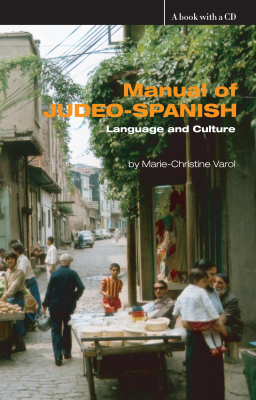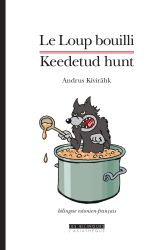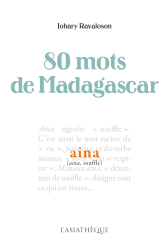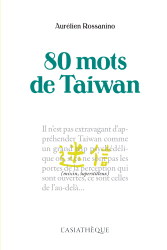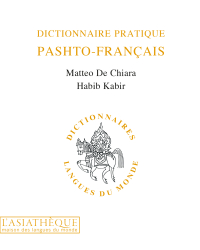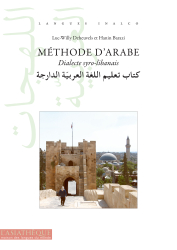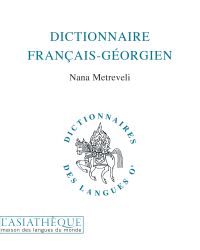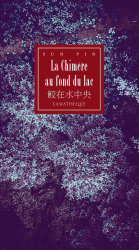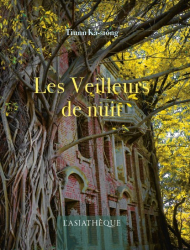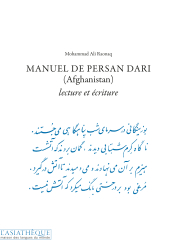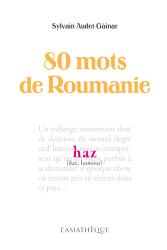Manual of Judeo-Spanish (Livre +1 CD)
Language and Culture
This book is the English version of the Manuel de judéo-espagnol (French Judeo-Spanish manual), previously published by L’Asiathèque. It embodies a part of the history of the Jewish populations expelled from Spain in 1492 that took refuge in the Ottoman Empire around the Mediterranean sea. There they created Sephardic communities whose culture and traditions are still very lively. This language was enhanced by meeting and adopting parts of other languages (such as Hebrew, Turkish, and French). This lead it to become a linguistic and cultural crossroads particularly interesting for Spanish language specialists. This book perfectly reproduces the French version, Manuel de judéo-espagnol, published by L’Asiathèque, and the same goes for the audio CD (with a few necessary changes). The book is composed of 9 lessons, numerous texts and photographs illustrating the Judeo-Spanish culture. This manual shakes the archaic trappings off of a continually changing language, with a methodology of great breadth and depth. Marie-Christine Varol received the Alberto-Benveniste prize for her work on Judeo-Spanish.
CONTRIBUTORS' BIOGRAPHIES
Marie-Christine Varol
Marie-Christine Varol is a university professor. Specialist in Judeo-Spanish language, literature and civilization at the National Institute of Oriental Languages and Civilizations (Inalco), she is the author of several books on Judeo-Spanish, including this manual, third edition of the book published in first edition in 1998.
TABLE OF CONTENTS
Translator’s Preface
Acknowledgements
Introduction
A rich and complex language
Norm and variation
The phonetic and writing systems of Judeo-Spanish
Goals and methods of this manual
Signs and abbreviations
Pronunciation exercises
Judeo-Spanish graphic conventions
Lesson summaries
Lessons:
1A Kén sos tú?
1B
2A Ánde moras?
2B
3A En kaza
3B
4A Kaminando i avlando
4B
5A Ires i vinires
5B
6A Al tyempo era al tyempo
6B
7A Viní, komeremos
7B
8A Kozas de tresalir
8B
9A Sanos i rezyos
9B
Anthology
1. Las tres kozas ke no se pueden guadrar
2. Kual Is-hak Koen?
3. Contemporary poetry
4. Tio Bohor i su mujer Djamila: “Se levanto i disho la mangrana”
5. Istoryas de Djohá
6. Ven, Sarika, ven!
7. La Boz de Oriente
8. La novya Aguná
9. Bula Satula
10. Komunikado del Beth Din atsedek
Answer section
Verb charts
Judeo-Spanish/English Vocabulary
Bibliography and discography
Index
Photographic credits
CD record
